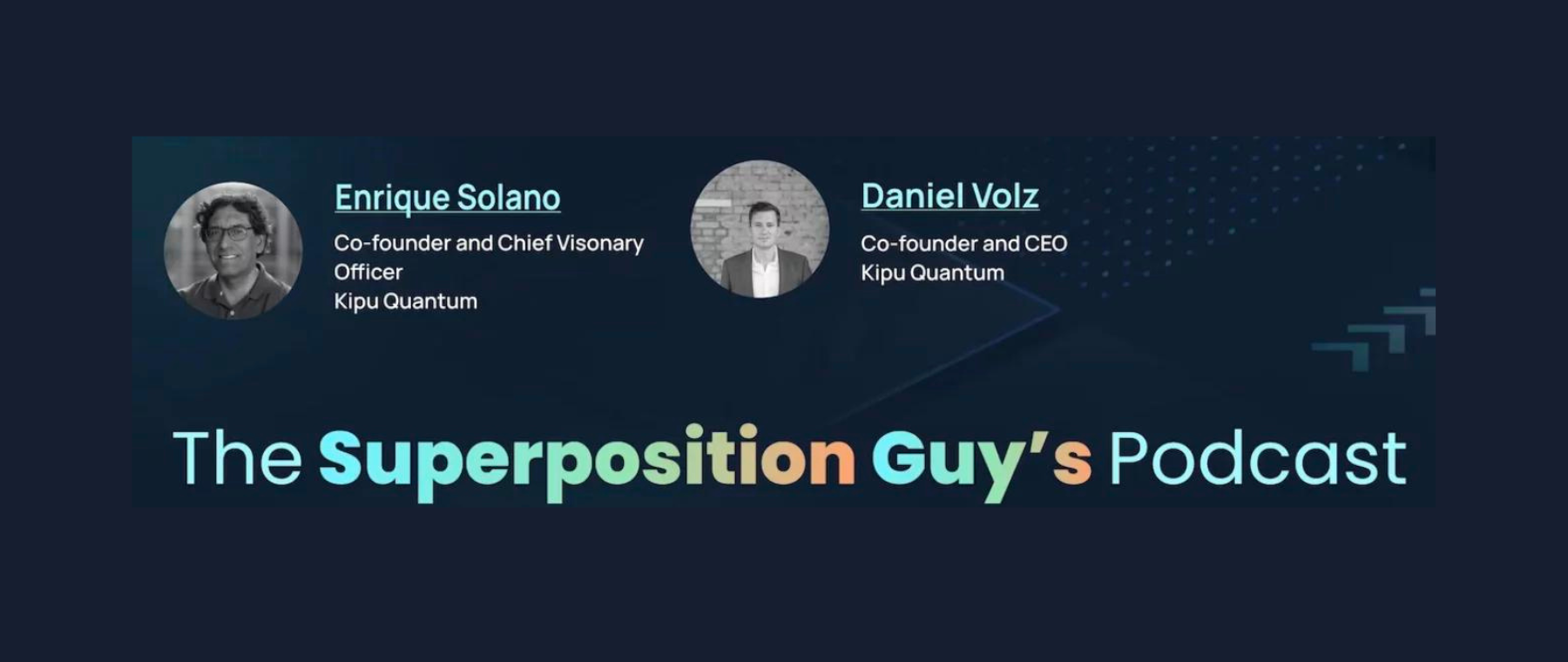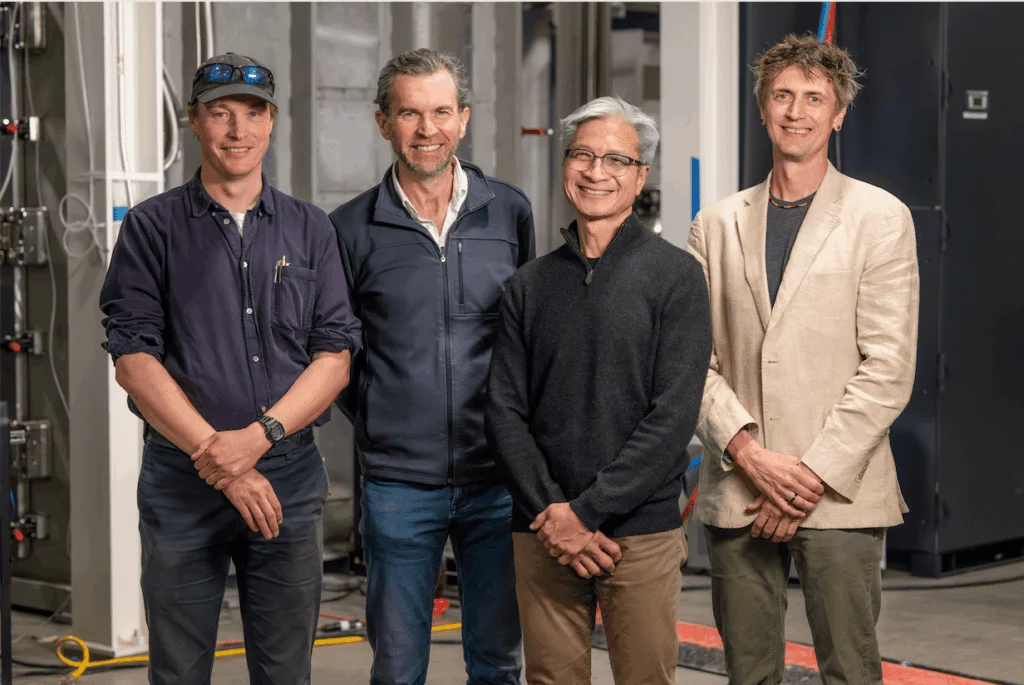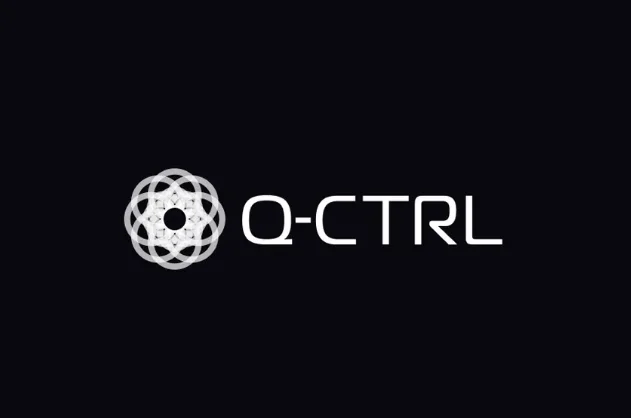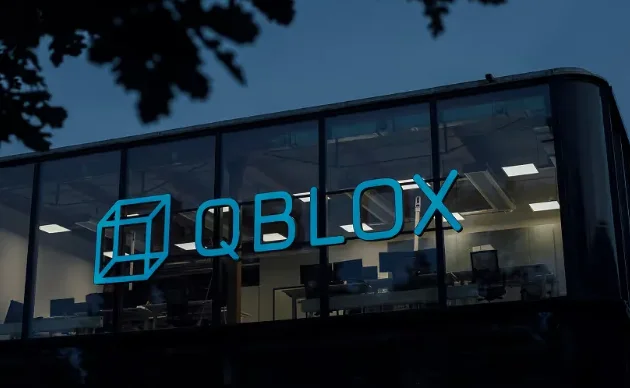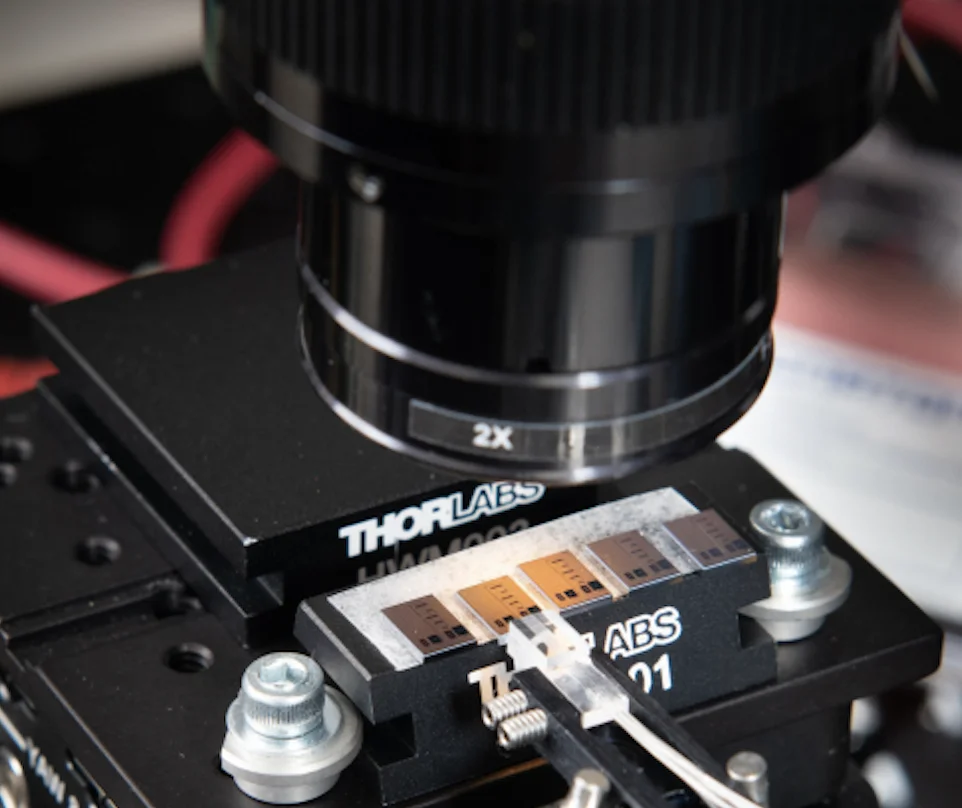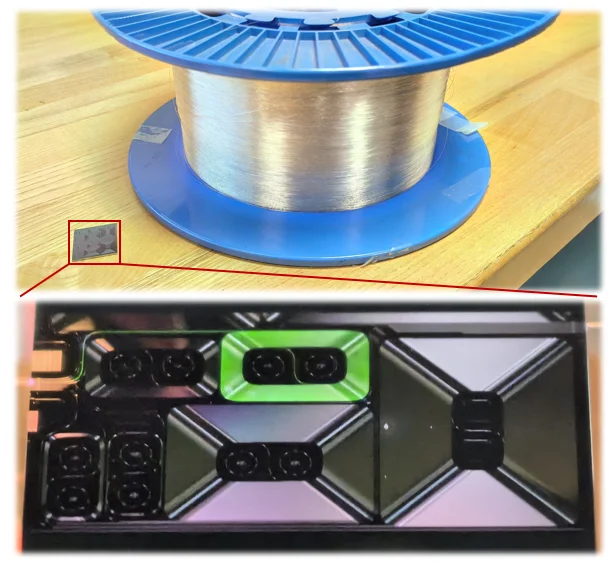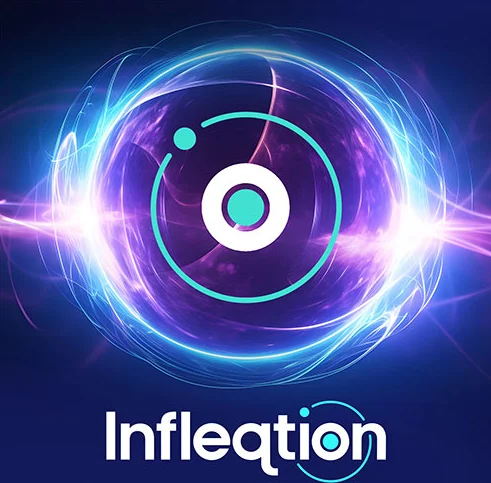“The Superposition Guy’s Podcast”, hosted by Yuval Boger, CMO at QuEra Computing
Daniel Volz and Kike Solano from Kipu Quantum. We discuss their focus on achieving quantum advantage, the significant progress they are seeing, their hardware-dependent approach and application-specific strategies. Daniel and Kike predict that optimization and machine learning will be among the first areas to demonstrate practical quantum advantage, describe their geopolitical approach and much more.
Listen on Spotify —

Transcript
Yuval Boger: Hello, Daniel. Hello, Kike. Thank you so much for joining me today.
Daniel Volz: Hi, Yuval.
Enrique (Kike) Solano: Hi, Yuval. Nice to meet you.
Yuval: So, Kike, who are you, and what do you do?
Kike: I am a human being merged with some weird AI trying to reach quantum advantage as soon as possible in quantum computing.
Yuval: Okay, Daniel. And how about you?
Daniel: I am Daniel, CEO and co-founder of Kipu Quantum, working together with that weird merged AI/human being on a daily basis. Also, of course, on the mission to achieve quantum advantage.
Yuval: How would you define quantum advantage? What is quantum advantage to you?
Kike: I mean, you know, the story is long, but I will try to… So it has been evolving in time. In the times of quantum supremacy with the Nature paper of Google, it meant something useful for industry. Then, people have been using it for what in the past was called quantum supremacy. That was mostly academic. Nowadays, it is more or less whatever you want from a commercial point of view, but we are very tough with the definition, and it is developing a quantum algorithm, outperforming supercomputing centers for an industry use case that a queue of people in your door will ring to pay you for. That’s more or less the way I define it.
Yuval: I think conventional wisdom—and conventional wisdom could be wrong—is that quantum advantage is a few years away. What do you think about that?
Kike: I totally disagree, but Daniel will start now hitting the…
Daniel: No, I mean, you can also answer, Kike, of course. I guess quantum advantage, from my perspective, depends on the vantage point. It has to depend on the vantage point of a user at the end of the day. What I find interesting is that a lot of the time, the discussion about quantum advantage is almost like an academic contest, where academics are fighting other academics about definitions and so on. But at the end of the day, the judge has to be an end user who has a commercial rationale at the end of the day. So there has to be a commercial reason to use it. And I think it’s not so much related to, can I prove things mathematically, does it scale towards infinity? It’s about solving a real problem. And I think that milestone or that definition of quantum advantage is actually closer than many people think. I think may be only a couple of years away. And I say this as somebody who leads a quantum algorithm company, which is of course, dependent on hardware. So the work of somebody else or other people. But I’m very impressed with the progress in the hardware and ecosystem. I’ve seen great things in neutral atoms. I’ve seen great things in superconductors, some great things in ion traps also. So that gives me a lot of hope or confidence that this is actually very, very soon.
Kike: So, Yuval, I will give you some fun with a typical answer to your question that I respond with what I call the cosmological curse of quantum computers. You know, essentially, the cosmological curse is a story that I invented, you know, a pedagogical story that essentially quantum computers already outperform supercomputing centers, as everybody with a certain education knows. It was claimed many years ago by Immanuel Bloch, he incised it in a cool paper. It has been claimed by companies in photonics like Xanadu. It has been claimed by Google last year with 72 qubits. It was tried by IBM under the dress of quantum utility. It has been claimed in Hefei, USTC, China two times in superconductors, in photonics. So essentially, nobody doubts that quantum computers already outperform classical computers. So, the cosmological curse story claims that it happened already. Of course, people would say, ah, but that’s useless, right? Or nobody would pay for that. OK, fine. But it happened already. So, what’s the difference between supremacy and advantage? The answer is just the smart encoding in the same hardware that reached supremacy for an industry use case. What is missing? Talent, smart encoding, and adapting the software to the hardware. So, otherwise, there is a cosmological curse that I, of course, do not accept. It’s more or less when human beings call something useful, it is forbidden. When somebody calls it useless, it is allowed. So I claim that there is no cosmological curse and that will happen in the next months, even earlier than the two years that Daniel said. That’s my prediction. And many times, it’s going to happen this year. Many times, some of them would be contested. Some of them may fail. But we are entering into this transition in history where there will be plenty of claims, plenty of people replying, but we are going to enjoy it, and we can start a true product and a path toward usefulness.
Yuval: Daniel, if I understand your definition, it’s more about practical quantum advantage. So say something that’s useful, something that people will pay for it. In what areas do you predict that this practical quantum advantage will show up first?
Daniel: That’s difficult. But I think there are a lot of optimization problems that come to mind. And, you know, I’m not talking about problems that have millions of variables or boundary conditions, but I think there are somewhere it’s actually helpful to cut the classical optimization with quantum optimization. So that’s, I think, one of the first applications where we will see it, actually. I think next to that, there are certain machine learning applications where we saw many interesting things going on. So that’s probably another area. Difficult to say which one is going to be first because this, again, depends on a couple of parameters, like which hardware is going to progress to which point at which pace. I think there is also a chance for applications in chemistry. I think the electronic structure modeling problem is one that is oftentimes cited. That is, I would say, medium in terms of difficulty, at least. There are some applications that are maybe related to optimization problems that could be earlier than that. So that’s my view on that. I think at the end of the day, it kind of depends on which mathematical problem is mapped against which industry problem. So, in our recent conversations with customers and end users, we’ve had some very interesting discussions where people from the financial industry were quite interested in our work, for instance, on protein folding, not because the investment banks want to make a hard pivot towards making enzymes, but because they think, okay, the mathematical formulation that is used for that kind of problem can actually be used also in the financial industry, for instance. So that will be quite interesting to see what’s going to be the mathematical problem and be kind of associated and applications to that.
Yuval: Since you are, I would say, more optimistic about the timeline than most other people in the industry, what is unique about the KIPU approach that makes it possible to reach quantum advantage faster?
Kike: Good point. Do you want to take it? I would like to repeat kind of our slogan or teaser line, right, that we are a company that makes hardware dependent application specific quantum solutions for industry use cases. And we typically at the now, the now meaning months to a couple of years. But of course, this is just a publicity, right? But let’s say what is behind is a technology be in the digital front, be in the analog front, be in the digital analog front. So we have different technologies for each kind of encoding, and also that we also adapt our digital, our analog and our digital-analog solutions to the hardware. For example, we mentioned neutral atoms that are now hitting the markets. Let’s say it is just showing what we have always said essentially you have hundreds of atoms of qubits. So, the computational complexity capacity is inbuilt. What is missing? As I repeated before, smart encoding of industry use cases. You go to superconducting circuits. We are in the 433 qubits. We go to trapped ions. We are moving in the range of 52 to 100. So, we are in the regime of computational complexity for quantum advantage. What KIPU provides is this smart encoding via digital, analog or digital-analog. We thought and perhaps that’s the painful part for us and for competitors is that we are not requesting miracles from the hardware companies. We just accept that the challenge has to be on our shoulders. And then we say, what do you have in the lab? And we try to do the best from that hardware. That’s what makes us different. Contrary to you, you will probably, you know, two or three years ago, it was a heresy to say what I’m saying because people said everything has to be hardware-agnostic. We don’t believe in hardware-agnostic quantum computing, at least for the next decade.
Yuval: How low in the stack do you go to achieve that optimal encoding? I mean, do you try to optimize pulse control? Do you just think about the problem in a high level and say, this is what we’re going to do analog? This is what we’re going to do digitally. How low in the stack do you go?
Kike: Good point. So on the digital side, we take what we have and, you know, we use pulse gates. We use a standard error mitigation. We don’t develop much yet because essentially we call it to be pedagogical for your, for your, let’s say, program. We call it structural compression of algorithms on the digital side, meaning that we don’t take standard algorithm, let’s say Shor’s algorithm. And we try to play compilation tricks to reduce the circuit depth. What we do is go to adiabatic encoding, counter adiabatic acceleration plus digitization is very technical. And we find a sequence of gates that is quite complex. So summarizing, accelerating the adiabatic encoding, we map it into shortening circuit depths. On the analog case, we do similar things by making accelerated and counter-adiabatic process. And the digital analog is just what QuEra, Harvard, and many others are doing now. It is just realizing that why to suffer the complexities of the digital or of the analog, merge the best of the both. And then you get the amazing possibility of reaching quantum advantage. So we are we are really I mean, poetically, I used to call it in the past, breathing our quantum algorithms through the possibilities of the hardware. That’s more or blowing as you prefer.
Yuval: Do you feel that customers are concerned that even if you develop a fantastic algorithm today, the hardware in a year or two will be different, and that algorithm will just have to be completely redone?
Daniel: I think this is a valid concern. We get this question sometimes from investors, but almost never from customers, which is quite interesting. I believe it also shows that customers are now really waiting for this first demonstration of usefulness more than anything else. And I think there’s the underlying assumption that this is going to quantum advantage would be a huge milestone. And, of course, the milestone of a value that would not immediately be discredited by rapid changes in the hardware. I think that’s obvious from my perspective.
Yuval: Is there a match between the type of problem in the hardware and what I mean by that, if a customer came to you and said, I have an optimization problem or a machine learning problem? You work with various hardware vendors. Do you automatically go to one vendor given a specific type of problem? Or is there an initial step of trying to see, trying to test it on multiple hardware platforms or something else?
Daniel: We are growing. I guess it depends in a way on the customer’s wishes. So we’ve had engagements where people essentially asked us to go for certain hardware, maybe because they’re interested in that, because they never tested it, or because they want to create a benchmark versus something that they already did on the same hardware, for instance. So I think that is one criterion. I would say customers who ask us to select the best fit for a given hardware will actually get that from us. So I think while we strongly believe that there will be a plethora of different hardware also in the foreseeable future. So this is not a one winner takes it all kind of game from the hardware perspective. I think instead, there will be some hardware systems that will be well suited for certain applications because they all have different maturity, potential benefits, but also drawbacks. If you want to do a real-time optimization, then of course the speed at which the gate is executed is maybe of interest because this may limit the ability to solve certain things. On the other side, maybe it’s more interesting to get whatever answer you don’t care if it’s 10 minutes or two hours, but you want it at a certain cost point. So these are some of the considerations, and of course, things like hardware connectivity really matter. And because for that reason, there are also, I would say, technical arguments for selecting one hardware over the other. But maybe Kike, you want to comment on that also?
Kike: No, I fully agree with what you said. I want to add a kind of additional fourth topic that we constantly speak internally in Kiku is geopolitics and technological sovereignty. So it happens, it is happening, and it will happen each time more. It’s not because we like it, but it’s a reality that some people will tell you, you know, you are in France or you are in Japan, you know. We are a customer, but we want you to find solutions running in the hardware of my vendor, you know, and our decision is to go for photonic or for superconductors or that’s the trapped ion that we have, not the best, but you know, and you have to adapt. And as a provider of quantum-obedience solutions, we have that flexibility. So KIPU is probably one of the first software or algorithm companies that decided from birth to be hardware knowledgeable. And that’s the way we work.
Yuval: What is holding you back? Is it the number of qubits? Is it the quality of the qubits? Is it that there are not enough cosmologists that you can hire?
Kike: Well, essentially, if you follow the cosmological course, nothing. Essentially, access. So, for example, I mean, without, I know that it’s delicate to say this, that will be heard and read by many people, right? But if IBM would give us access to the control of their pulses in their chip of 133 qubits, we would reach quantum-advantage almost immediately. We would do the same with QuEra, with Pasqal, with Google, with many, many, many, companies that can handle more than 50 qubits under reasonable coherence with digital analog or digital analog encoding. Because we are, as I said, we rely on the creativity of our team, and not on the hardware possibilities, but evidently, the hardware companies have their IP, their business model. Some of them allow us to go a little deeper, some of them, but essentially, we are working on that to make it happen in a couple of years at most.
Yuval: Kike mentioned the team. Daniel, maybe you could talk about your team. How large is the company? Where are you based? I think you recently had a fundraising round.
Daniel: Yeah, so right now, this is kind of a steady point. We are more or less something like two dozen of fully dedicated people, split between two sites in Germany. One is in Berlin, and one is in Karlsruhe. Karlsruhe is a mid-sized city, about an hour or so south of Frankfurt near the French border. So this is where we are in Germany. Of course, a lot of technologists, so we are heavily dominated by people with a PhD. The majority of PhDs are in physics, and I think this really cascades through the whole organization from, of course, Kike is a founder and scientific leader of everything we are doing. But even in places where you would not expect it, like business development, we have people with physics PhD degrees. A couple of chemists like myself are sprinkled in for good measure, couple of mathematicians, couple of computer scientists, and this is more or less the team at Kipu. Really great bunch of individuals, really international group also. So, believe it or not, we have more Spanish-speaking people at Kipu than people who actually speak German, despite being a German company. So I don’t know if this is another cosmological curse or a cosmological blessing, but a Spanish-speaking community in Europe and South America really seems to be a key element according to our hiring decisions, at least.
Yuval: There’s a lot of activity these days related to error correction. And error correction takes a whole bunch of physical qubits and turns them into a logical qubit. So if I could give you today or in a year’s time, a computer with 3000 physical qubits or 30 error-corrected logical qubits, what would you prefer? Would you run on the physical qubits or would you run on the logical qubits?
Kike: You know, following this democratic approach of Kipu in both, right? But allow me to tell you why and what is the difference, right? So I predict, I like to make predictions until now I have not failed, that now not a fault-tolerant, but error-corrected quantum computers as QuEra is proving, enters into the hot times of development, right? And of course, many others will try to copy and that’s fine, right? That’s part of the game. But somehow, there will be a window where there will be a struggle because as you said, you will say, come on, I have 1000 qubits. Why should I make 10 logical, or I have 3000? Why should I make 30? And this is a transition that only tough companies like QuEra, Pasqal and others with a lot of conviction will have to leave because they will say, why? Why not? But this is important. And when the number of logical qubits enters 5000, we enter the hotspot of quantum advantage again. And that’s going to be cool. And Kipu is ready for that. You know, our algorithms are working or in physical qubits or in error-corrected qubits or in logical qubits. And we truly believe that this path is long, cool, necessary. And the problem, Yuval, is the business model, right? Because how many times you can offer customers, yeah, we are doing better. We are doing better. Customers can renew a couple of times your contract, PoC or product, but will not stay too long if we don’t deliver the advantage. That’s why Kipu tries to approach the advantage as soon as possible so that we kill the quantum winter. We want to kill the quantum winter. That’s our fantasy.
Yuval: And by the way, if the hardware was perfect, if it was truly, you know, perfect qubits, then does that put you out of business? Because so much of your work is hardware dependent and trying to find the sort of sweet spots on how to squeeze the last bit of performance from the hardware.
Kike: Good point, I mean, you allow me to reply. Yeah, this is a problem with the language. So the fact that we are hardware dependent. So let’s say, for example, when I say our digitized counter-dibatic quantum computing is a universal novel paradigm of encoding, valid for physical qubits, for error-corrected qubits or for fault-tolerant quantum computing. The same thing we did on the console. The fact that we understand hardware today and in the next years is a fact of necessity, not a, let’s say, limitation. So we believe that to kill the quantum winner, we need to go that harsh path to understand both sides. But as happened with classical computing in the 50s, 60s, 70s, when the time of fault-tolerant may arrive, there will be a separation of the hardware people and the software people. But in the next decade, we don’t see it coming.
Yuval: Professionally speaking, what keeps you up at night?
Kike: Daniel, that’s you.
Daniel: don’t know. I’m a very sound sleeper.
Kike: You know what? What holds me? I talk to my team here in Berlin. I always tell them that it’s very literary because I love poetry and literature. But, you know, I see like when people speak about them, you know, like it’s like a new domain of knowledge that is hidden from us. And there is a huge gate that is the quantum advantage gate that we are trying to push. And we open, for example, quite a resort. We open it a little bit and we start to see a little light behind, you know, and we want to push and to push. But what is behind is totally unknown yet. You know, it’s like we have the quantum advantage gate is there and we are pushing and pushing and we are desperate to see below behind. And I think that’s what what fascinates me and gives me some nightmares and some good dreams to see what is behind that.
Daniel: I would say from my side, and this isn’t really nothing technical or really, I would say even a commercial thing. I guess it’s a geopolitical question. So with a lot of unfortunate crises now going on on a global scale, quantum computing always has been kind of a topic that has been seen as a geopolitical issue also. With the sometimes maybe overhyped threat of quantum computers killing cybersecurity, cracking RSA encryption, and so on. And I think maybe the biggest threat is maybe like, is maybe a geopolitical crackdown that could prevent the free flow of technology between different countries. Because, I mean, we are based in Germany, on the hardware side, the German government tries to subsidize a bunch of hardware companies to also have the complete stack here locally. But I think it’s a reality that the majority of the hardware efforts are kind of done elsewhere. I mean, some noteworthy examples out of North America, some of our partners are based in France, and so on. So I think because we believe that quantum advantage really relies on deep partnerships between software and hardware vendors, disrupting that is, I think, maybe the biggest threat to what’s quantum computing or quantum advantage in the near term that I can think of.
Yuval: Since you mentioned it, I’m curious: Do you think the German quantum strategy is perhaps a little bit flawed in terms of whether it wants the best German technology or the best technology for Germany?
Daniel: Oh, that would be a compromise to answer that, right? I’m happy to answer this. So first, what’s the German quantum computing strategy? I think, a first grievance that I have, maybe not as a leader of a German company, but as a taxpayer is the fact that there seems to be very little alignment on how to actually drive it. So there’s a really a broad array of different local initiatives, sometimes as localist individual cities, a lot of ministries in Germany are kind of putting forward some quantum efforts, which means that there’s a large number of taxpayer money being spread into quantum, but oftentimes spread really thin and not really to a targeted approach. I guess there is some hope in Germany that maybe Germany can own everything, the full stack, but I think it’s also reality that all of the hardware efforts that are now leading and approaching quantum advantage have been started earlier elsewhere. So, and I think you could argue that maybe the best way forward to help Germany as a market is to assure that the end users, of which there are many in Germany, have actually access to quantum computing solutions. And with a solution, I mean the full thing, hardware access, of course, but also software access. And I think there’s this focus on creating the hardware, I don’t know, may or may not be related to the fact that if you’re a politician and you want to have a nice photo op, then it’s of course nicer to stand in front of a shiny quantum computer, give them a thumbs up. And it’s a little bit more tricky to capture a good picture of a politician doing an inauguration of a piece of code or something like that. So that’s kind of an observation. I think Kike, I mean, he’s seen much more than me on a global scale, he can also comment on that.
Kike: That you pass me the ball, Daniel. And I’m very, very critic, essentially not with Germany only, but in general with the quantum ecosystems. You know, once I wrote a post in LinkedIn when I was pretty active,and I said, “How you should benchmark your quantum ecosystem?” For me, it’s very simple. People reply, “Because we have invested $100 million.” Or, “Because we have injected $300 million.” I mean, I don’t care at all how much people put in the quantum ecosystems if the output is not world-class and leading. That’s my point. So for me, the issue is if you put $100 million and you wait three years, I want to see what is your world record in the number of qubits, coherence time, quantum volume and length of circuit depth. Where is your analog quantum computer taking? Where are the industry use cases? Where are the algorithms that are making world records? So if you cannot tell what is your record in physical qubits, logical qubits, if you cannot tell me what is your record in algorithm industry use cases of running in hardware, all this is a fantasy. And I am not here. Daniel is not here. And Kipu was not built to play the game of business. We are here to make history and to make useful quantum computers as soon as possible. And without, or we make record after record or we are out. And that’s the way Germany and every quantum ecosystem should play. And not just measuring how much money I put and how many photographs I take. That’s not relevant for me.
Yuval: As we come to the end of our conversation, I wanted to ask you a hypothetical question. If you could have dinner with one of the quantum or cosmological greats, dead or alive, who would that person be?
Kike: You know, to my head comes somebody like Asher Peres. You know, Asher Peres was one of my heroes. I just exchanged emails with him. He was the guy that made the first measurements of entanglement. He had great humor, was an amazing guy. And yeah, I mean, Richard Feynman. What can I say? Albert Einstein to tell him, you made a mistake. Things like that. Isaac Newton. Alan Turing. But I am sure that Daniel has his own preferences.
Daniel: No, I think this would be a great dinner party. I would just maybe join that group that you described, listen a lot, and not talk too much when these great minds come together.
Yuval: Very good. Daniel, Kike, thank you so much for joining me today.
Daniel: Wonderful.
Kike: Thanks, Yuval. Always a pleasure.
To subscribe to the audio podcast, please Spotify here
If you found this article to be informative, you can explore more current quantum news here, exclusives, interviews, and podcasts.

